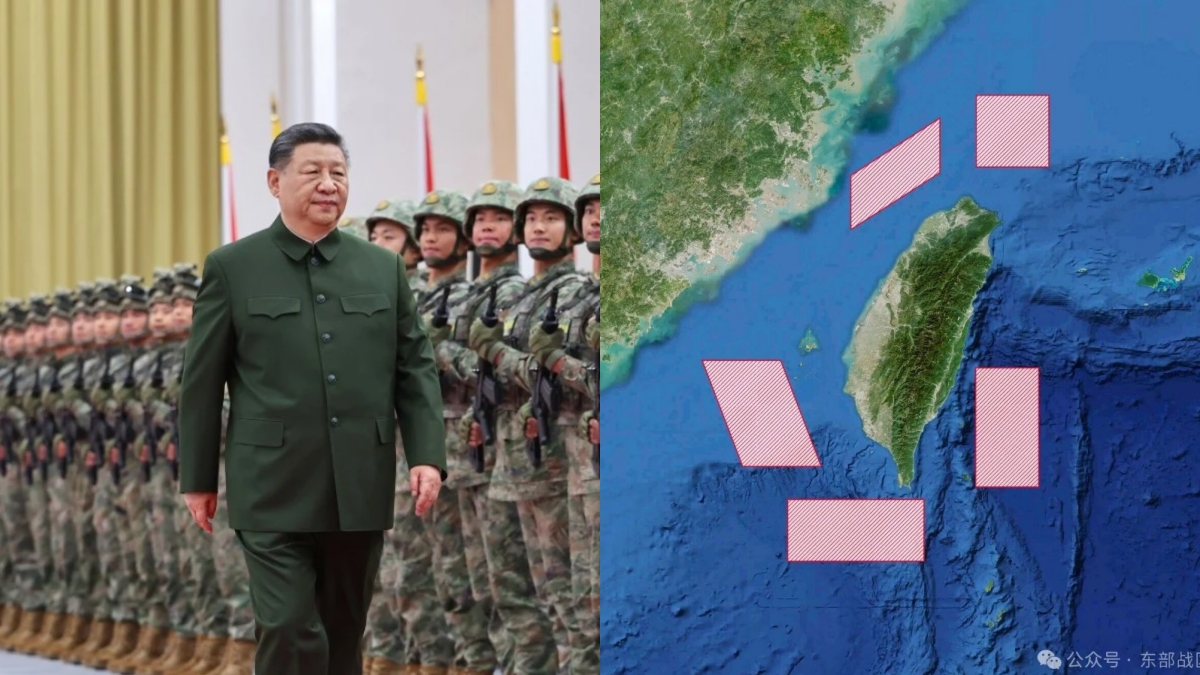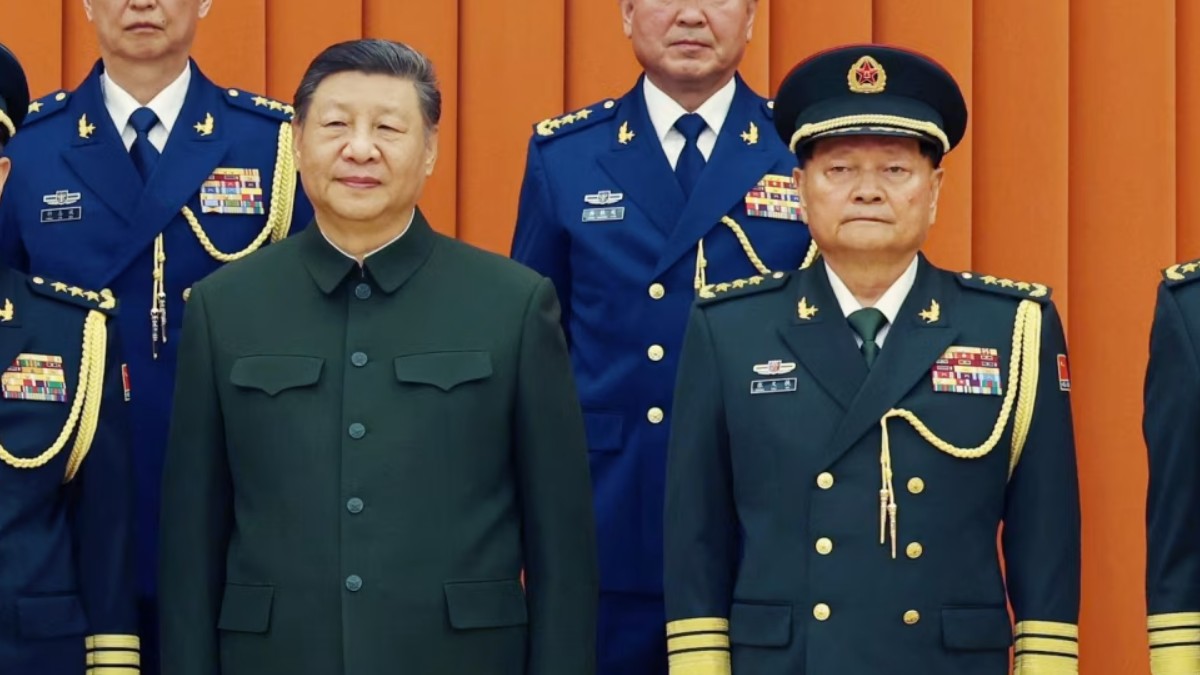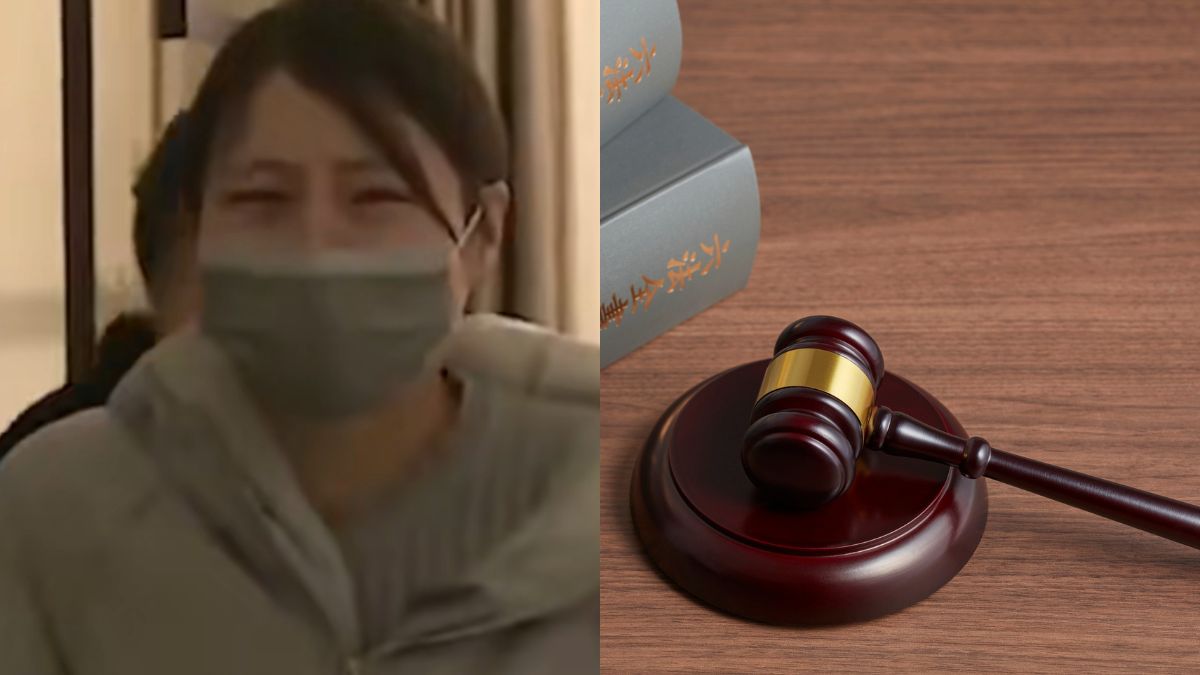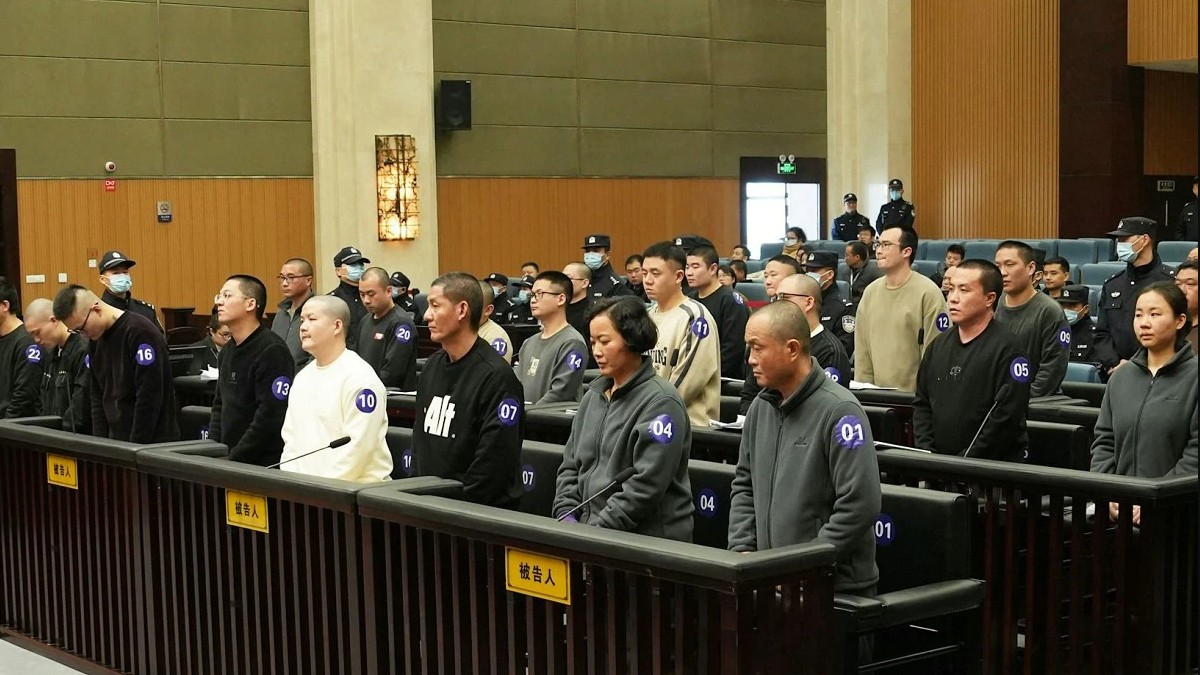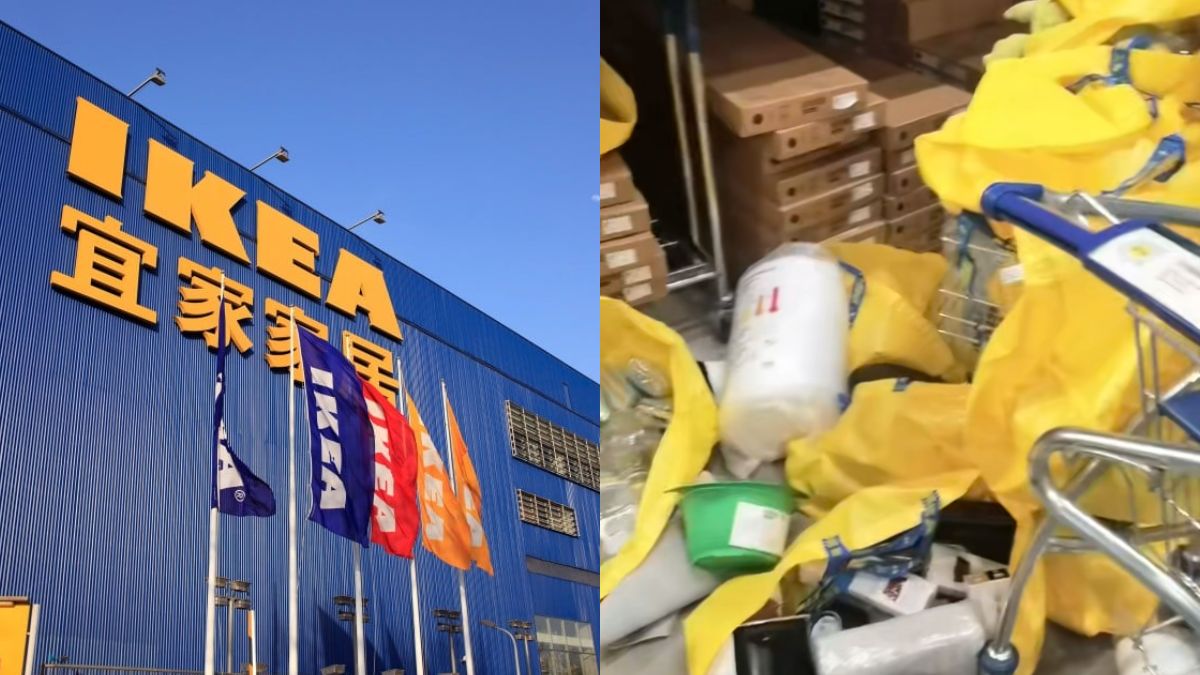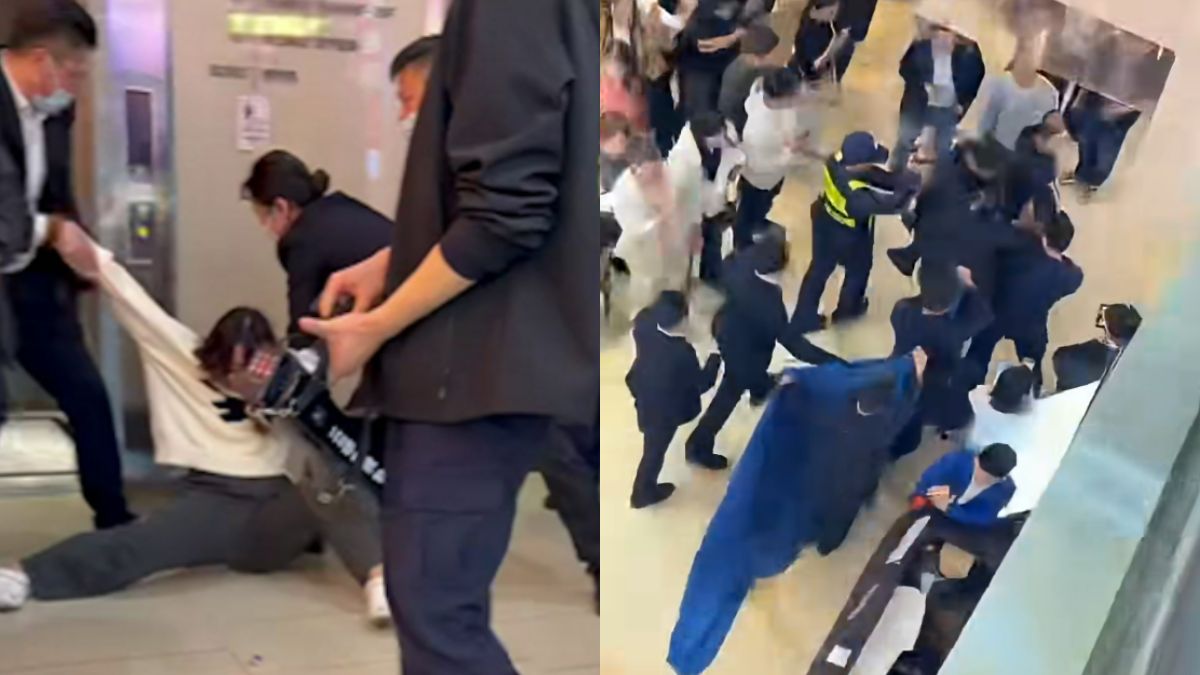Chinese Communist Party expels nine top generals in major military purge
China’s ruling Communist Party has expelled nine of its most senior military officials in one of its largest purges in decades. The move, officially part of an anti-corruption campaign, is also viewed as a political reshuffle aimed at consolidating control ahead of a major party meeting.
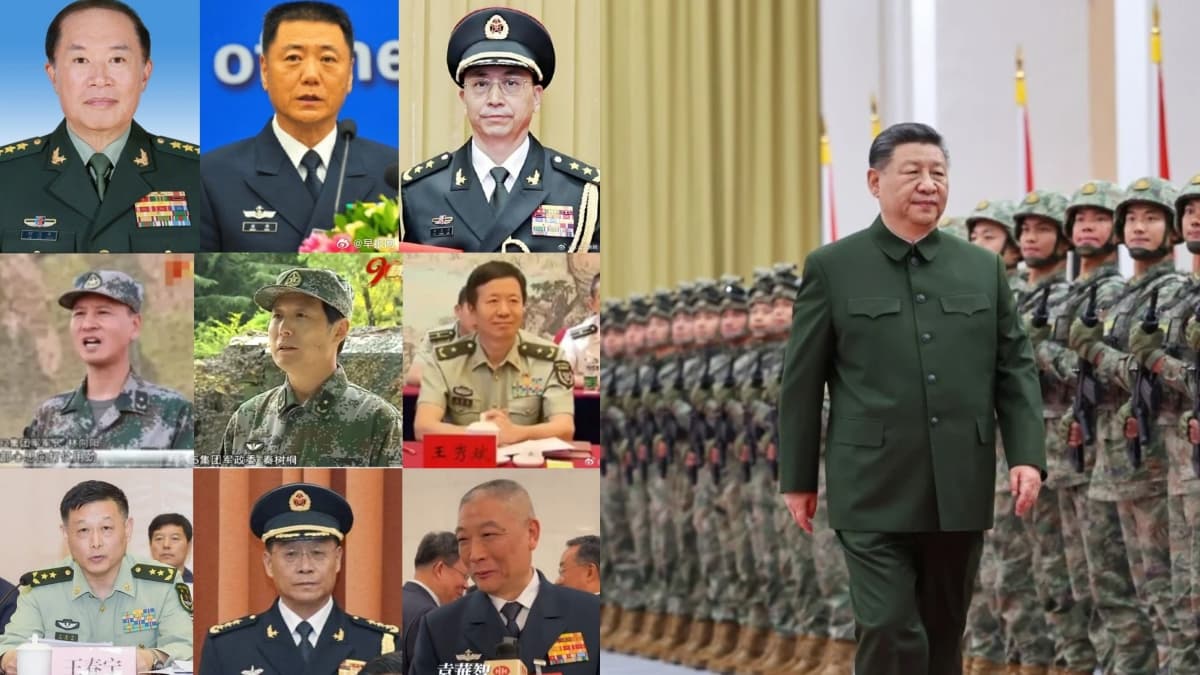
- The Chinese Communist Party (CCP) has expelled nine top generals for alleged serious financial crimes.
- Among them is He Weidong, the vice-chairman of the Central Military Commission and second only to Xi Jinping.
- Analysts view the move as both an anti-corruption campaign and a political consolidation ahead of a key party meeting.
BEIJING, CHINA: In a sweeping move that has reverberated across China’s military and political elite, the Chinese Communist Party (CCP) announced on 17 October 2025 the expulsion of nine top generals accused of serious financial crimes.
According to a statement by China’s defence ministry, the nine officers “seriously violated party discipline” and were suspected of crimes involving “extremely large sums of money” with “extremely detrimental consequences.”
They have also been removed from the military and will face prosecution in military courts.
Among the expelled are several of the People’s Liberation Army’s (PLA) highest-ranking figures:
- He Weidong, vice-chairman of the Central Military Commission (CMC);
- Miao Hua, director of the CMC’s political work department; and
- Lin Xiangyang, commander of the Eastern Theatre.
Others include senior leaders from the army, navy, rocket forces, and armed police.
He Weidong’s removal stands out as particularly significant.
As the CMC’s second-in-command and a member of the Politburo, he was one of China’s most powerful military figures.
His disappearance from public events since March 2025 had already fuelled speculation about an internal investigation.
His downfall marks the first time a sitting Politburo member from the military has faced such charges.
Defence Ministry spokesperson Zhang Xiaogang stated that the expulsions represented a “significant achievement” in the ongoing anti-corruption campaign within the military.
He added that the cases involved “exceptionally large sums of money” and “crimes of an extremely serious nature.”
An editorial published in the PLA Daily described the officers’ conduct as a “mutation” of the corruption rooted in the tenures of disgraced former generals Guo Boxiong and Xu Caihou.
It stressed that the issue was not merely financial misconduct but one of loyalty to the party and the nation.
The timing of the purge has drawn attention.
It comes just days before a key CCP plenum, during which the Central Committee is expected to discuss China’s economic strategy and confirm new appointments.
Analysts say the expulsions could serve both to strengthen Xi Jinping’s control over the military and to remove potential dissent before the leadership reshuffle.
The removals also create a vacuum at the top of the PLA.
Three of the seven seats on the CMC are now vacant, raising concerns about institutional instability at a time when Xi is pushing for the PLA to be “combat-ready” by 2027—a goal aligned with his likely bid for a fourth term as Party leader.
Observers warn that while such purges may enhance internal obedience, they risk fostering a culture of fear and caution among senior officers, potentially affecting military decision-making and preparedness amid growing regional tensions over Taiwan and the South China Sea.
This latest campaign continues a pattern of high-profile purges since Xi came to power in 2012.
In 2024, former defence ministers Li Shangfu and Wei Fenghe were removed on similar grounds.
Several leaders within the Rocket Force—China’s nuclear missile branch—were also dismissed following reports of corruption and procurement failures.
Civilian officials have not been spared either.
The disappearance of former foreign minister Qin Gang in 2023, followed by the unexplained absence of his likely successor Liu Jianchao, has reinforced perceptions that Xi’s anti-corruption drive doubles as a political consolidation effort.
Despite the scale of the current crackdown, state media continue to present it as part of a broader campaign to restore integrity and discipline in the ranks.


